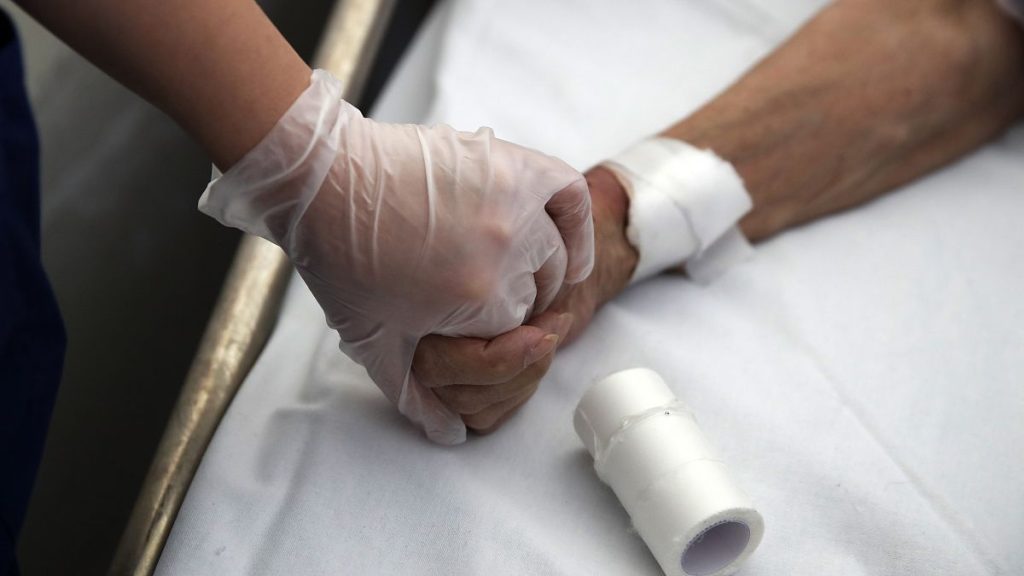Medical assistance in dying (MAID), encompassing both euthanasia (physician-administered) and assisted suicide (patient-administered), has become a subject of increasing global discussion. A recent study published in JAMA Internal Medicine examined data from 20 jurisdictions where MAID is legal, revealing consistent trends in patient demographics and diagnoses across diverse legal frameworks and cultural contexts. This research offers valuable insights for policymakers and the public as they grapple with the ethical and practical implications of MAID.
The study analyzed nearly 185,000 MAID deaths between 1999 and 2023, representing 1.4% of all deaths in the included jurisdictions. These locations ranged from European countries like Belgium, Luxembourg, the Netherlands, and Switzerland to Canada, New Zealand, parts of Australia, and several US states. While the overall utilization of MAID remained a small percentage of total deaths, the study noted an increase in incidence over time. Crucially, the vast majority of individuals in these regions, even where MAID is legally accessible, did not choose this option. This highlights that MAID remains a deeply personal choice exercised by a relatively small subset of individuals facing severe illnesses.
Despite variations in legal frameworks, including differing requirements for patient prognosis, age, and the specific method of assisted dying (physician-administered vs. patient-administered), the study found striking similarities in the patient profiles across jurisdictions. Cancer diagnoses accounted for the majority (66.5%) of MAID cases, followed by nervous system diseases (8.1%), circulatory system diseases (6.8%), and respiratory system diseases (4.9%). Interestingly, while cancer represented the largest overall group, individuals with amyotrophic lateral sclerosis (ALS) showed a disproportionately higher likelihood of opting for MAID, with 16.8% of ALS-related deaths attributed to MAID compared to 3.7% of cancer-related deaths.
This consistency in diagnoses across different legal and cultural settings strongly suggests that patient-specific factors, rather than external pressures, primarily drive the decision to pursue MAID. The data indicates that patients experiencing a rapid decline in quality of life due to conditions like cancer and ALS are more inclined to consider MAID. This observation counters concerns about potential coercion or undue influence on vulnerable patients. Instead, it reinforces the notion that MAID serves as an option for individuals seeking autonomy and control over their end-of-life experience when faced with unbearable suffering.
The study also noted that regions with stricter legal requirements, such as mandatory patient self-administration of lethal medication, tended to have lower rates of MAID. This suggests that legal frameworks can influence utilization rates. While the Netherlands exhibited the highest proportion of MAID deaths (3.2% of all deaths), some US jurisdictions with more restricted access, like California, New Jersey, and Washington D.C., reported significantly lower rates (0.1% each). This variation underscores the impact of legal regulations on access to and utilization of MAID.
The findings of this study hold significant implications for the ongoing global debate surrounding MAID. By demonstrating a consistent pattern in patient characteristics and diagnoses across diverse jurisdictions, the research provides evidence suggesting that MAID utilization is primarily driven by patient autonomy and the desire to alleviate suffering in the face of debilitating illness. This data can inform policy discussions, emphasizing the importance of patient-centered approaches and individualized decision-making in end-of-life care. As more countries consider legalizing or refining their MAID frameworks, understanding the factors influencing patient choices and the impact of various legal approaches is crucial for developing ethical and effective policies that respect individual autonomy and alleviate suffering. The study’s senior author emphasized that the purpose of MAID legalization is not to promote its use but rather to provide choice and control to patients facing the end of their lives.














